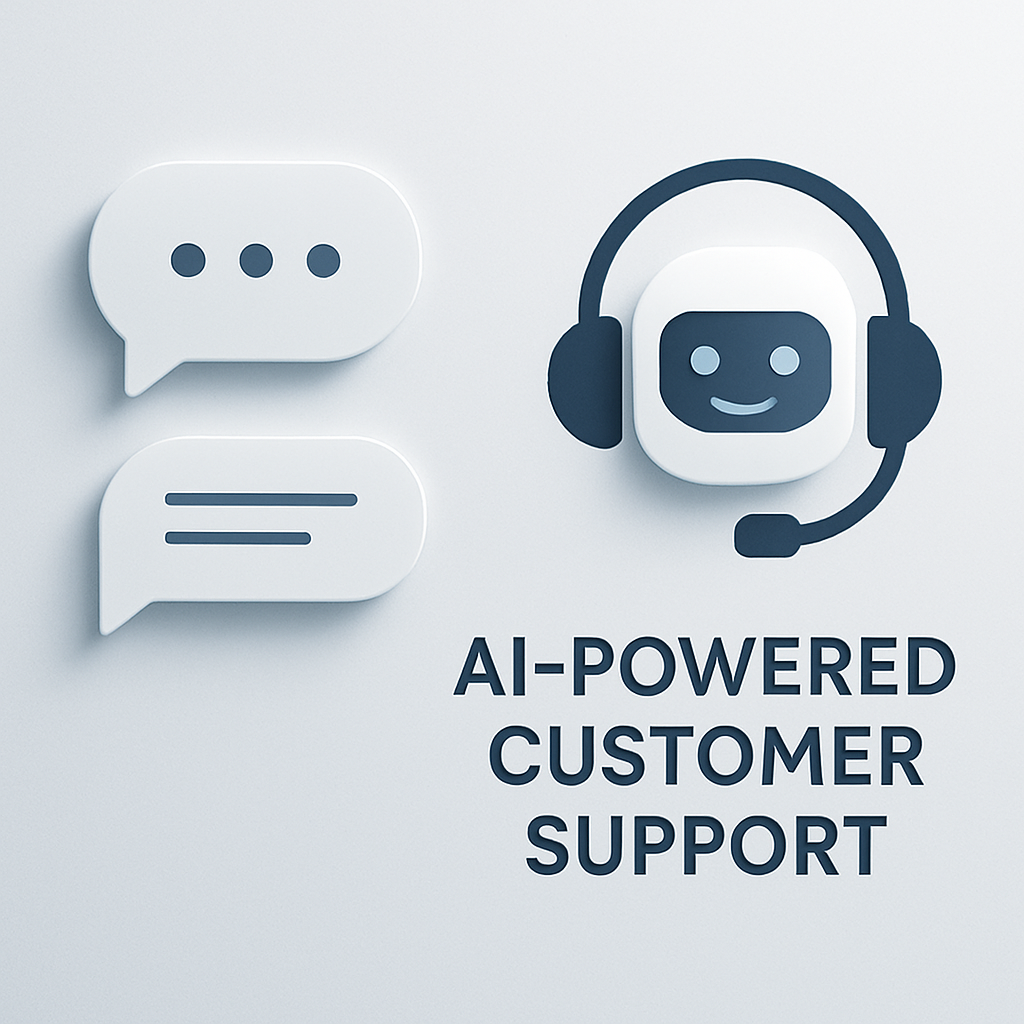Why Call Screening Matters Now
Call centers and small business lines face constant spam, robocalls, and phishing attempts. These calls waste time, risk staff exposure, and frustrate callers. Traditional filters fail to keep pace. AI-powered screening uses voice analytics, behavioral signals, and context to:
- Detect and block repeated spam or fraud calls
- Reduce caller interruptions and wasted time
- Keep human agents focused on paid customers
- Improve overall customer experience
By intelligently blocking low-value calls, AI systems lift workforce efficiency and safeguard brand reputation.
How AI Call Screening Works
These systems combine speech recognition with metadata analysis. Key features include:
- Real-time detection of spam via voice patterns or known caller data
- Caller scoring based on call frequency, behavior, and reputation
- Auto-block or send unknown calls to voicemail first
- Instant routing of verified inbound calls to live agents
- Dynamic whitelist/blacklist updates
- Analytics bars that log blocked vs. accepted calls
Essentially, AI acts as intelligent gatekeeper - filtering bad actors while prioritizing real leads.
Business Benefits from Real Deployments
Organizations using AI screening report:
- 70% fewer spam calls reaching staff
- 50% reduction in wasted talk-time
- Faster inbound response for legitimate callers
- Lower agent attrition thanks to fewer interruptions
- Clearer analytics for call routing and caller trust levels
Screening frees agents to focus entirely on value-driven calls.
Who This Helps Most
- SMBs and local businesses: high local spam volume
- Legal and finance firms: risk management and client trust matter
- Healthcare practices: spam blocks reduce distraction and help maintain focus
- E-commerce: avoid scam callers while maintaining support availability
- Real estate and field service firms: filter repeat sales calls or telemarketers
In every space where spam cuts into productivity or caller goodwill, screening helps.
Setup Steps for Screening
To roll out AI call screening:
- Enable screening features on your AI receptionist or voice AI platform
- Configure thresholds for scoring spam vs. trusted callers
- Upload existing whitelists (VIPs) and blacklists (spam numbers)
- Train AI with past call data if available
- Test with combinations of known, unknown, and repeat callers
- Review analytics and fine-tune rules weekly
Good platforms allow granular control over block versus auto-voicemail logic.
What to Look For in a Vendor
Look for systems offering:
- Real-time speech and metadata analysis
- Custom spam thresholds and scoring
- CRM import/export for whitelists or trusted callers
- Proxying of blocked calls to protect privacy
- Explanatory audit logs for blocked interactions
- Consistent accuracy across noisy or accented lines
Selecting a vendor that adapts quickly to evolving spam strategies ensures long-term effectiveness.
Trends in Voice AI Call Screening
- ML-powered pattern detection that learns new spam behavior over time
- Sentiment-informed screening to flag aggressive or suspicious speech
- Voice biometric verification before connecting high-risk calls
- Distributed screening layers, incl. web, chat, SMS sync
- Automated feedback loops to refine whitelist/blacklist rules
These advances make call screening more proactive and precise.
Summary
AI call screening and spam blocking help businesses protect staff time, reduce distractions, and preserve inbound pipelines for real calls. It’s a foundational feature for any AI-driven phone system in 2025. With intelligent filters deployed alongside voice AI platforms like Fluents.ai, you can reclaim call volume and leave spam behind - all without lifting a finger.
From 10 calls a day to 85,000, Fluents scales with you. Automate globally, integrate deeply, and never worry about your call infrastructure again.

Stay Connected
Check out our latest updates, customer stories, and resources to keep leveling up with Fluents.
Essential FAQs on AI Call Screening
Explore how AI call screening enhances customer interactions, reduces wait times, and optimizes resource allocation for superior service delivery.
AI call screening enhances productivity and protects brand reputation by intelligently filtering out spam, robocalls, and phishing attempts that waste time and expose staff to risks. By leveraging voice analytics, behavioral signals, and context, AI systems can effectively detect and block unwanted calls, allowing human agents to focus on valuable customer interactions.
- Detect and block repeated spam or fraud calls
- Reduce caller interruptions and wasted time
- Keep human agents focused on paid customers
- Improve overall customer experience
By implementing AI call screening, businesses can significantly increase workforce efficiency and safeguard their brand reputation, ensuring that their communication channels remain open for genuine customer interactions.
AI call screening technology in 2025 significantly enhances customer experience and operational efficiency by leveraging advanced voice analytics, behavioral signals, and contextual data to intelligently filter calls. This technology not only detects and blocks spam or fraudulent calls but also ensures that human agents focus on high-value interactions, thereby improving customer satisfaction and reducing operational costs.
- Real-time spam detection using voice patterns and caller data
- Efficient call routing to prioritize genuine customer inquiries
- Dynamic updates to whitelists and blacklists for accurate filtering
By implementing AI call screening, businesses can protect their workforce from unnecessary interruptions, maintain a high level of customer trust, and optimize their resources to focus on meaningful customer engagements, ultimately leading to increased productivity and a stronger brand reputation.
Implementing AI call screening and spam blocking in 2025 offers small businesses and call centers significant advantages by reducing the volume of spam and fraudulent calls, thereby protecting staff time and enhancing customer interactions. AI systems utilize advanced voice analytics and behavioral signals to effectively identify and block unwanted calls, ensuring that human agents can focus on genuine customer inquiries and improve service quality.
- Detect and block repeated spam or fraud calls
- Reduce caller interruptions and wasted time
- Keep human agents focused on paid customers
- Improve overall customer experience
By intelligently filtering out low-value calls, AI call screening systems not only boost workforce efficiency but also safeguard brand reputation, making them an essential component of any AI-driven phone system in 2025.




